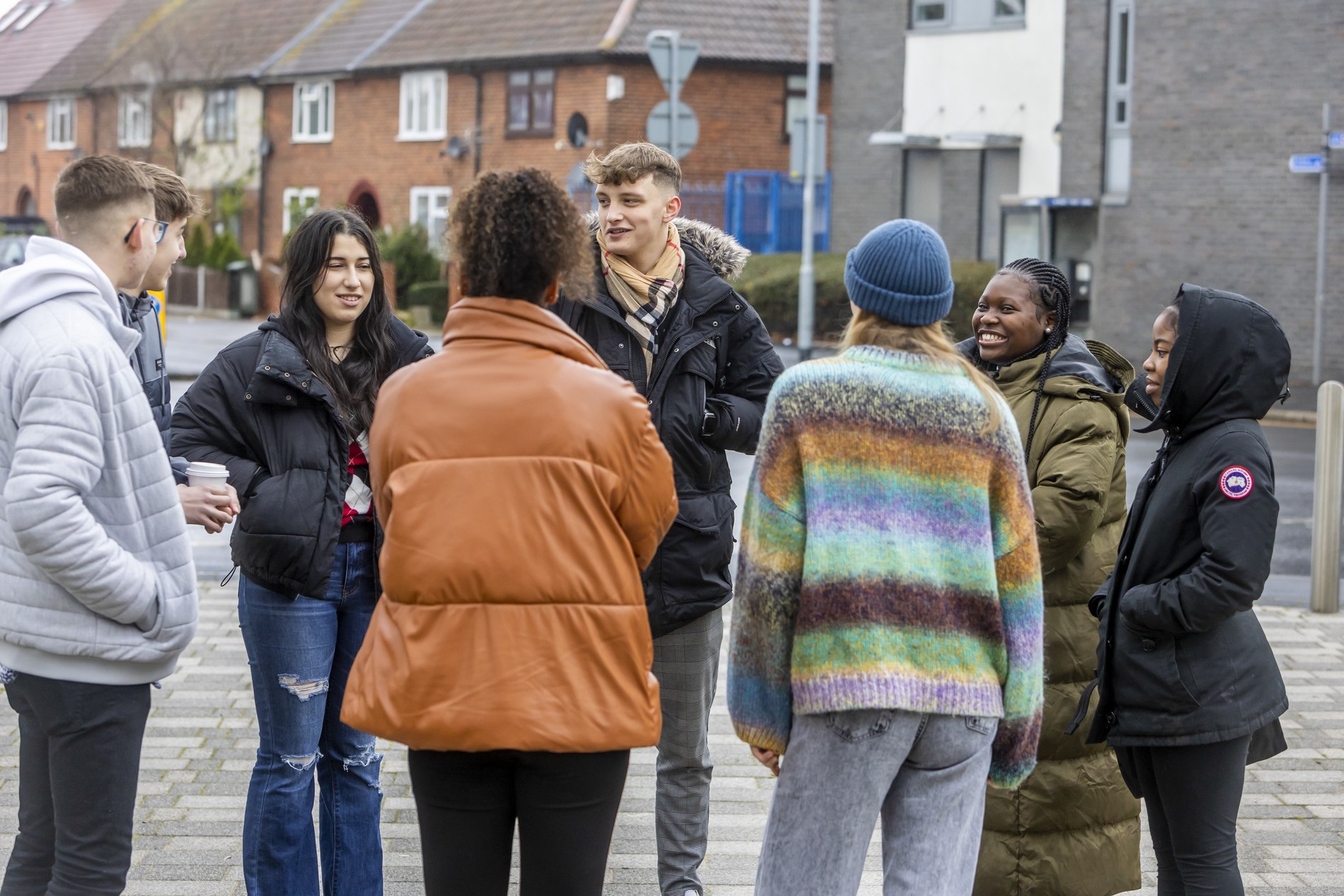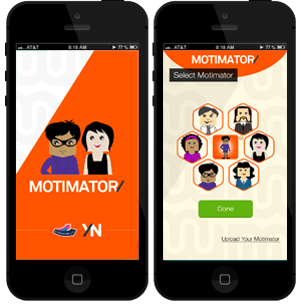Recruitment fairs
Recruitment fairs aren't just about getting glossy brochures and free pens and sweets. If you really wanna improve your chances of getting a graduate job, you need to take them seriously. These fairs can actually be a useful way to find out about different companies and make useful contacts. The Mix breaks it down.

What is a graduate recruitment fair?
Also known as careers fairs, a recruitment fair is an event where graduate recruiters can promote their company in an attempt to attract new recruits. Essentially, they’re trying to woo you. But that’s not all. A lot of these fairs also feature seminars and workshops to help you with the job hunt.
They happen around the country, usually at universities or in large exhibition halls. Most are general interest, but some are targeted at specific careers. This includes teaching, law, engineering or IT. And, in case you can’t get to one in person, a lot of places now hold virtual careers fairs.
Who are recruitment fairs for?
It’s important to remember that fairs help both companies and final year students. It’s a win-win situation.
On the recruiters side, they get a chance to let graduates know what they have to offer, explain more about their company, and meet potential employees in person. And for graduates, the fairs provide a chance to meet with several different companies, all under one roof. It can be a great way to get onto the career ladder.
How should I prepare for a careers fair?
“My top three tips are to check out which employers are going to a fair, know what you wanna say to them and plan your day,” says careers advisor Alexandra Hemingway from the University of Surrey, who also recommends the following:
- Find the right fair for you. Don’t assume googling ‘careers fairs near me’ will give you what you need. For example, if you’ve got a specific field in mind since there’s probably a fair that’s directly targeted at your industry that’s not in your neighbourhood.
- Research is key to a successful visit. “Put together a list of the companies you want to talk to and make a beeline for them,” says Hemingway. Google as much as possible before you meet them. Just asking what a company does and whether you can have a free sweet doesn’t exactly scream employable. “If you’re nervous, try practising with other companies before you speak to your chosen ones. That way you’re less likely to make mistakes.”
- Recruitment fairs can be exhausting. Especially if you’re trying to visit every company just for recruitment information. You’ll end up with a massive bag of leaflets and freebies, which can end up weighing you down. Instead, go early and plan your time, including any seminars you want to go to.
And this kinda goes without saying, but make sure you’re leaving a good impression. That means dressing smartly and having copies of your updated CV, in case an employer wants one. If you haven’t got one sorted yet, then check out our tips for how to write a cv here.
Can recruitment fairs really help me get a job?
In a word: yes. Although you’re not likely to get a job offer on the spot at a fair, if you have the exact skill-set that an employer is looking for, or you’re approaching a small company, you might get lucky.
But even if you don’t get a job offer, fairs can still help. They’re a great opportunity to talk to recruiters in a less anxiety-inducing situation. Not to mention, you can start to build contacts that could help you get a job later on. Chatting in an informal way will also give you confidence before crucial interviews.
It’s worth noting that some firms conduct screening interviews on the day, which could help you by-pass some of the recruitment process. Plus, you can get information about how to create a winning application form for their company. From there, you’ll be on a path to something much better than a free key ring. If all of that sounds overwhelming, check out our guide on how to network here, Once you’re done with that, learning a few networking tips will definitely give you an edge at a careers fair.
If you’re wondering ‘Where are the careers fairs near me?’ There are a few websites worth checking out which list local events in the UK. Try Job Fairs and The UK Careers Fair.
For more help finding employment, check out The Mix’s ‘getting a job’ resources here. You’ll also find loads of useful information in our work and study hub here.
Next Steps
- Chat about this subject on our Discussion Boards.
By Hannah Jolliffe
Updated on 03-Jun-2022
No featured article










